Challenges we face together
The world faces many issues: rising sea levels, more extreme weather events, loss of biodiversity and social injustice. But together, we can overcome these challenges.
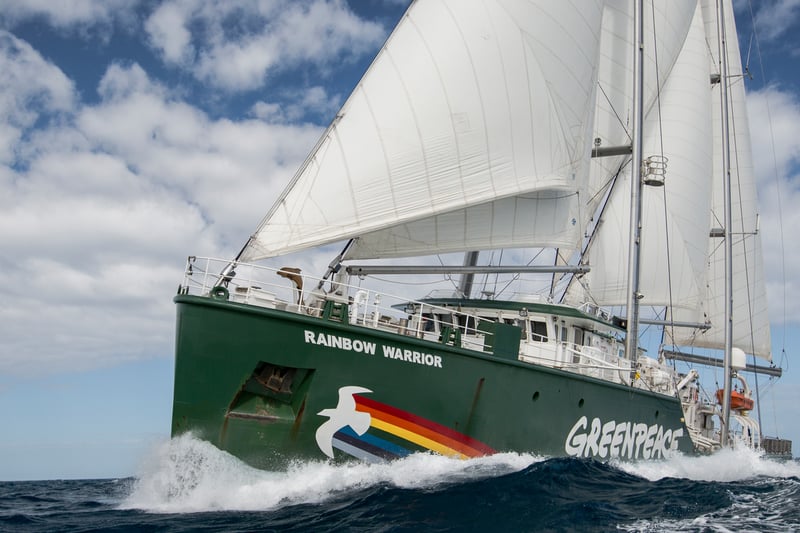
Issues we’re working on
Greenpeace’s mission is to create a green and peaceful future. We know we can achieve change when we all work together.
The issues that Greenpeace campaigns on will help ensure Earth’s ability to sustain life in all its diversity. Learn more about what Greenpeace is doing to protect our natural world for future generations, and how you can get involved.
How Greenpeace creates change
Through action, Greenpeace aims to spark systemic change. That means large-scale change that will fix the root causes of issues, not just the symptoms. To do that, Greenpeace uses the following approaches:
- Investigations – Greenpeace investigates and exposes governments or corporations who cause environmental damage
- Lobbying – Greenpeace encourages and persuades those in positions of power to take the bold steps needed to stand up to corporate influence and protect the planet
- Direct Action – Greenpeace activists peacefully protest environmental injustice
- People Power – Greenpeace helps people send a message to decision-makers and enables people to come together and demand change
- Science – Science and research guides all of Greenpeace’s work. Facts and peer-reviewed research form Greenpeace projects and policies.
Usually, Greenpeace campaigns involve a combination of all of these tactics.
Get involved with Greenpeace campaigns
Greenpeace is a people-powered organisation. We believe it’s only with the support of people just like you that we can come together and change history.
Let’s make the world a greener, more peaceful place, together.
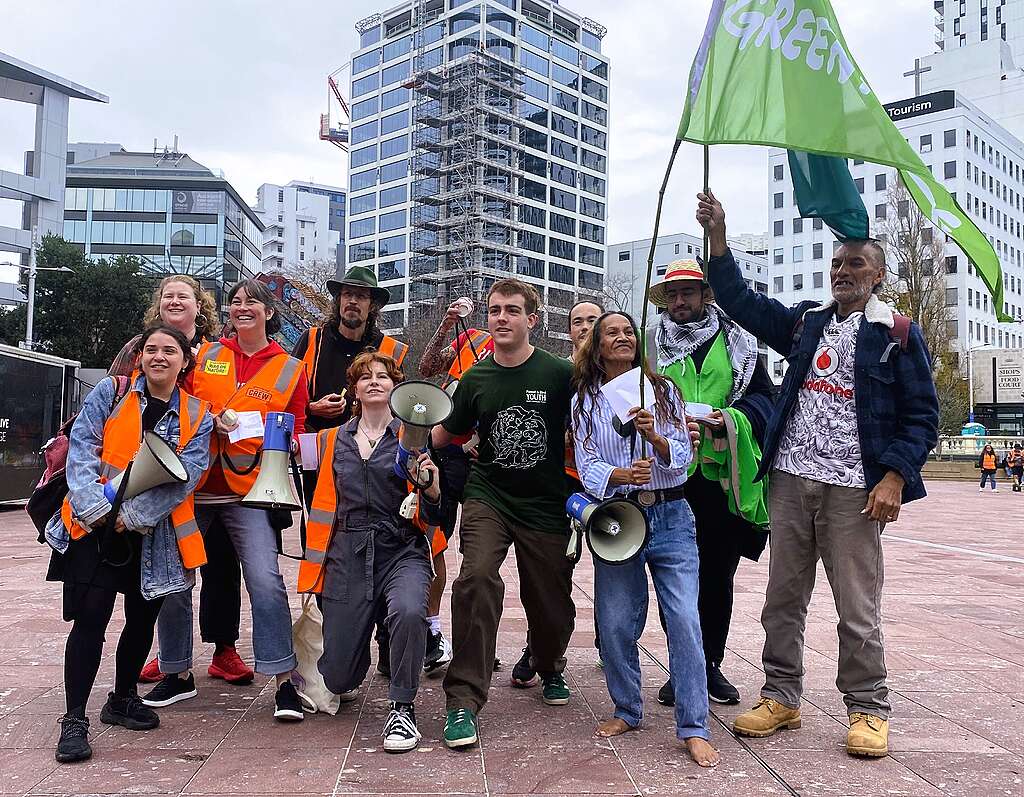
Past Greenpeace campaigns
Greenpeace has been campaigning for the planet since 1971. Find out about some of Greenpeace’s historic projects, and the victories we’ve won together for the planet.

Greenpeace is 100% independent
We rely on donations from people like you, people who care about protecting the planet. You can support our work by making a donation today
-
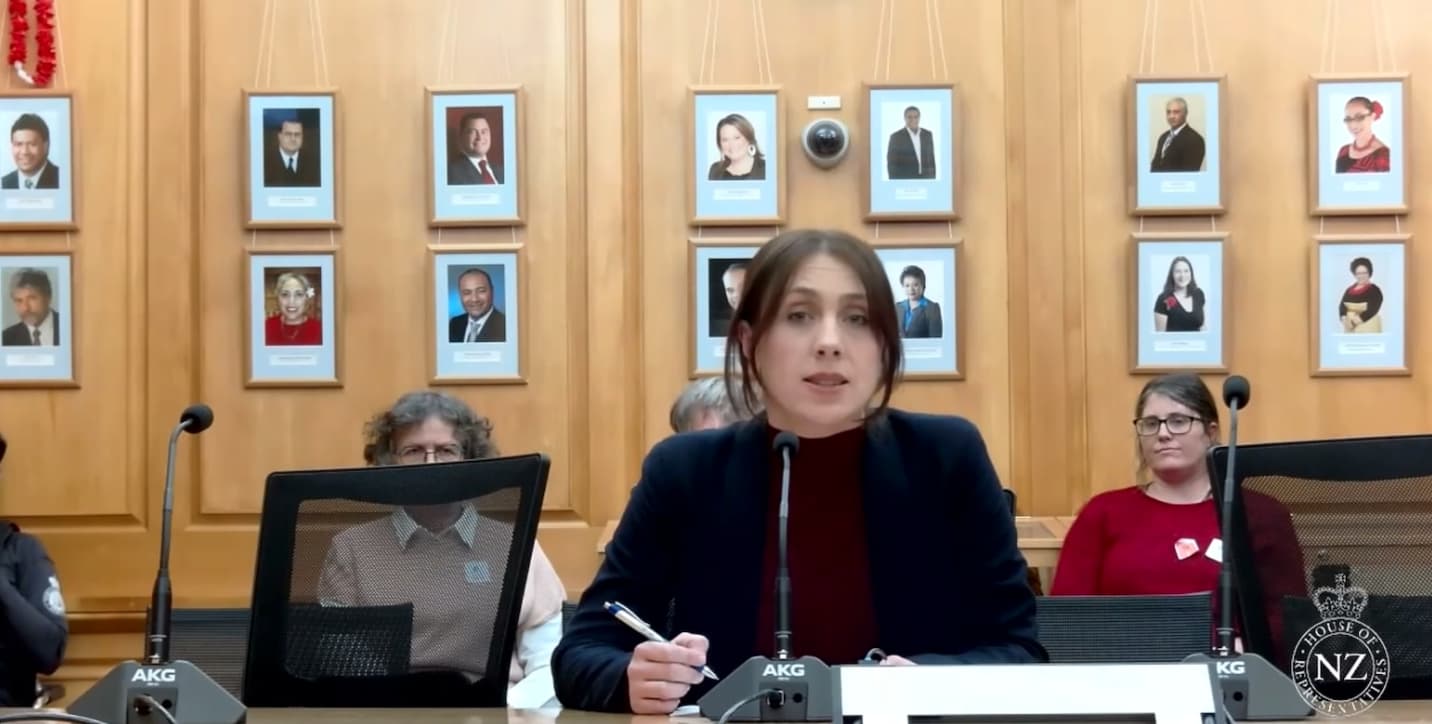
Oral submission on the Regulatory Standards Bill
Greenpeace campaigner Gen Toop delivers the Greenpeace submission on the Regulatory Standards Bill.
-
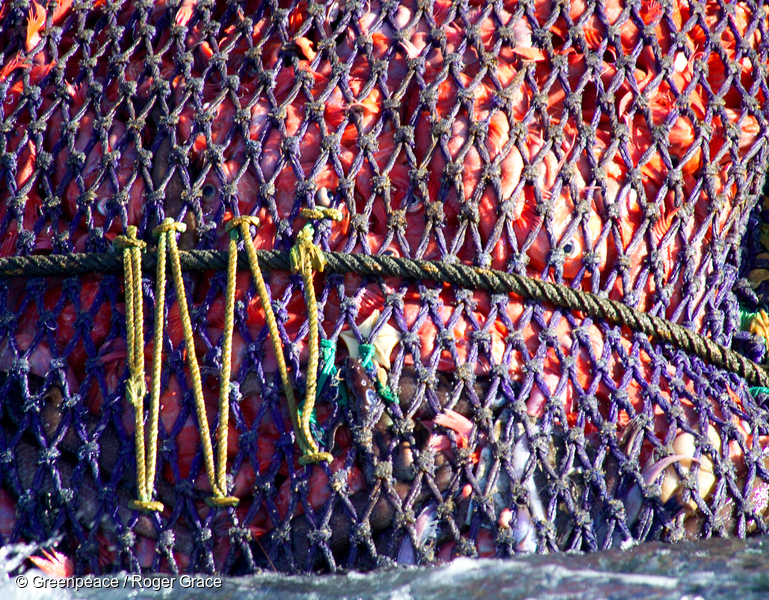
Key orange roughy population on verge of collapse, government considers closure
New data reveals that New Zealand’s main orange roughy fishery, accounting for half of the country’s total catch, is on the brink of collapse, with one model showing it may…
-
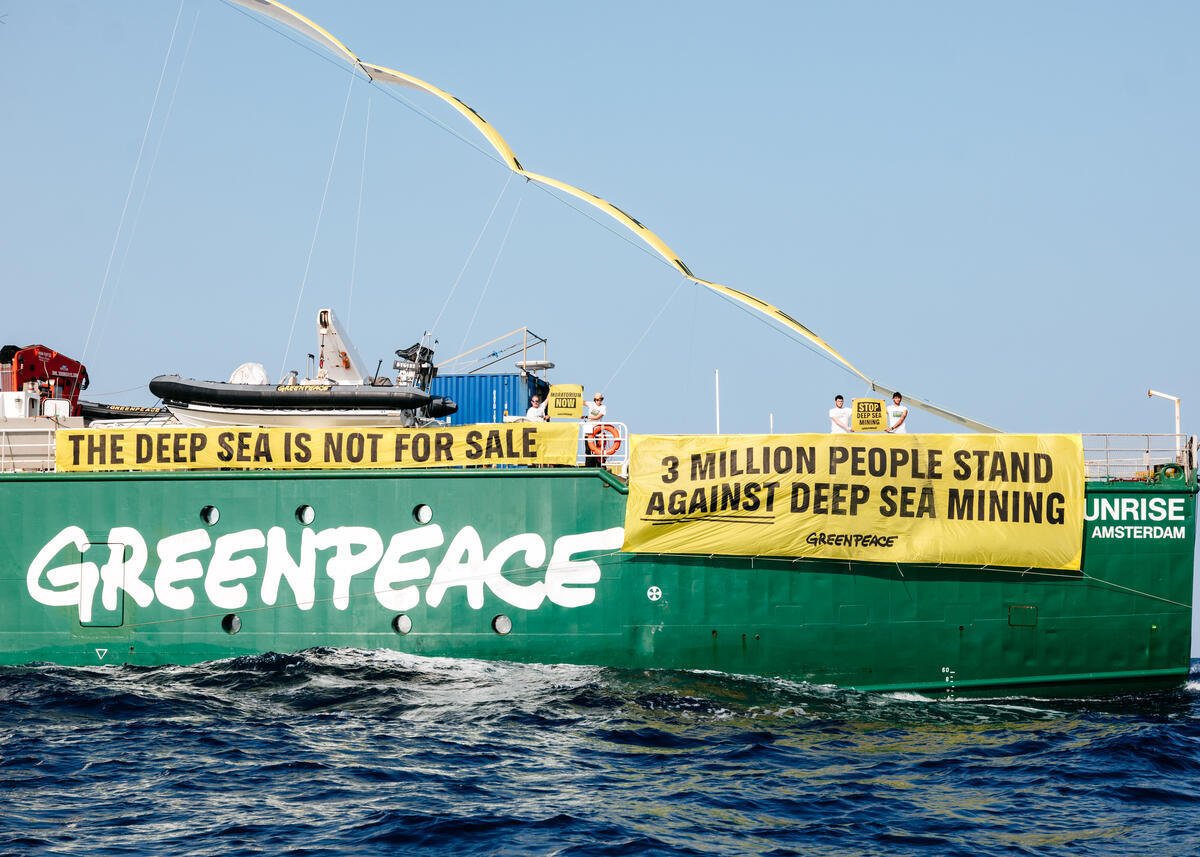
The Metals Company: 5 things to know about the company trying to start deep sea mining
What makes The Metals Company (TMC), a little-known company that isn’t even making any money, a threat to the ocean, international conventions, transparency and the clean energy transition? While deep sea mining has not begun at a commercial scale anywhere on Earth – and we’ve built a global movement of millions of people and political…
-
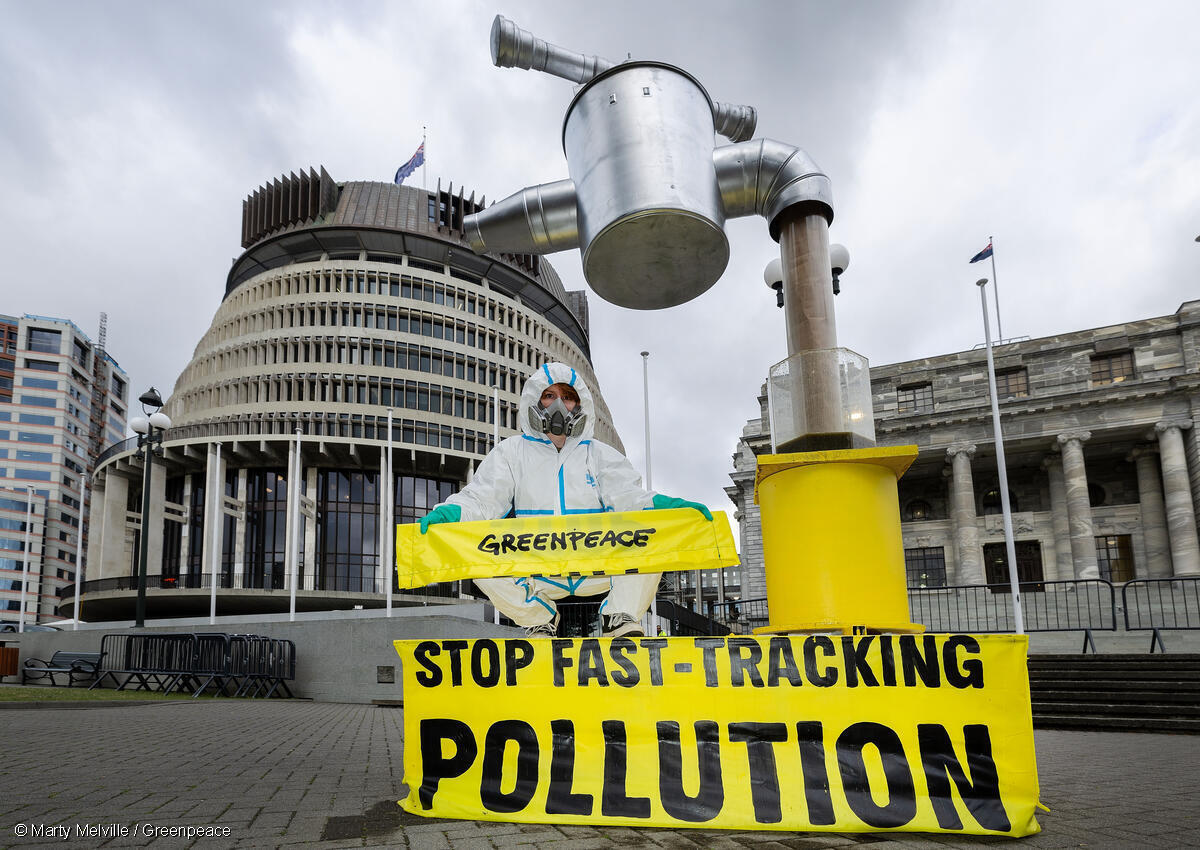
Luxon’s freshwater regulation changes are bad news – here’s why.
The Luxon Government is introducing a raft of freshwater regulation changes to make it easier for intensive dairy to pollute lakes, rivers and drinking water.
-
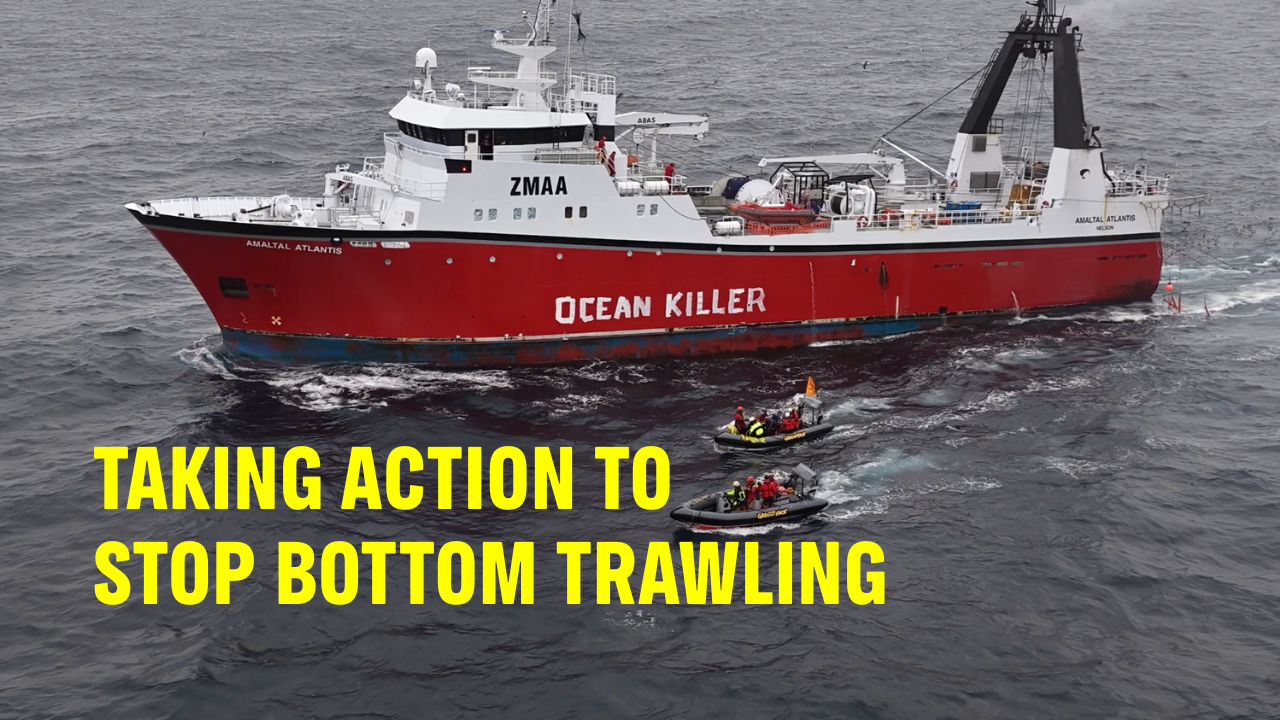
VIDEO Taking action to stop bottom trawling
Over the past two weeks the Rainbow Warrior has been at sea off the coast Aotearoa, documenting bottom trawlers and standing up for ocean protection.Greenpeace activists confronted two bottom trawlers…
-
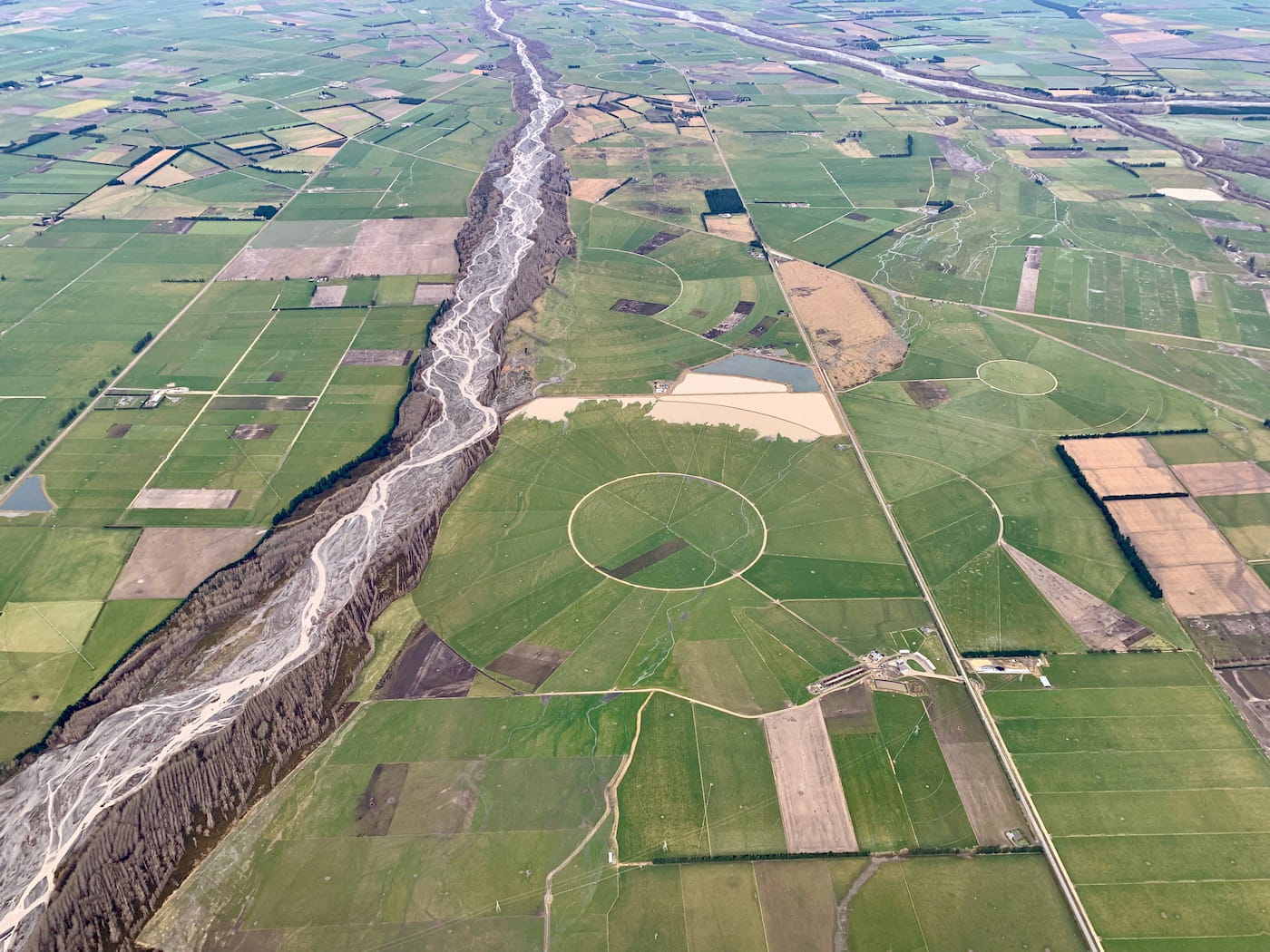
A Dirty Deal for Dirty Water – Government’s $56m irrigation subsidy blasted by Greenpeace
Greenpeace is blasting the Government’s latest $56 million irrigation subsidy, calling it a ‘dirty deal for dirty water’.
-
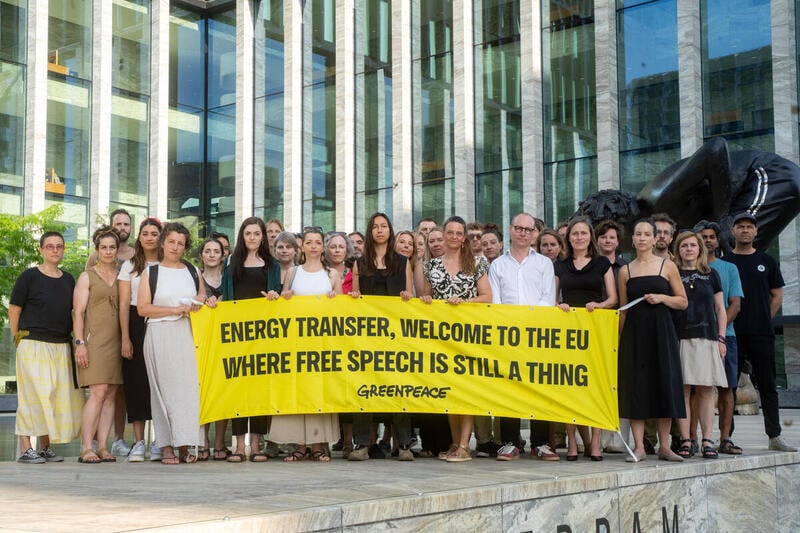
Greenpeace International begins groundbreaking Anti-SLAPP case to protect freedom of speech
In a landmark test case of the European Union’s new legislation to protect freedom of expression and stop abusive lawsuits, Greenpeace International has overnight challenged the US oil pipeline company,…
-
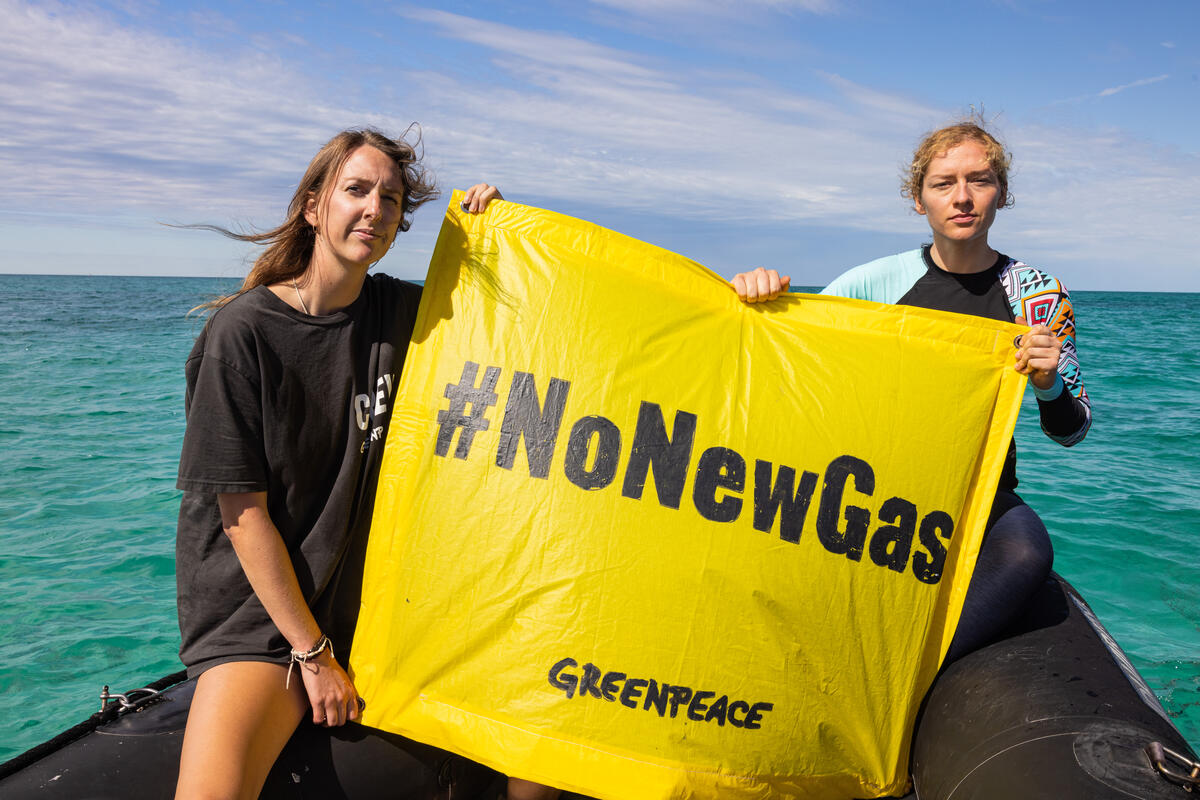
Wildly inaccurate figures used to justify ‘Shane’s $200 million fossil fuel slush fund’
A Cabinet paper justifying the Government’s $200 million subsidy for new gas fields used wildly inflated and inaccurate gas price figures.
